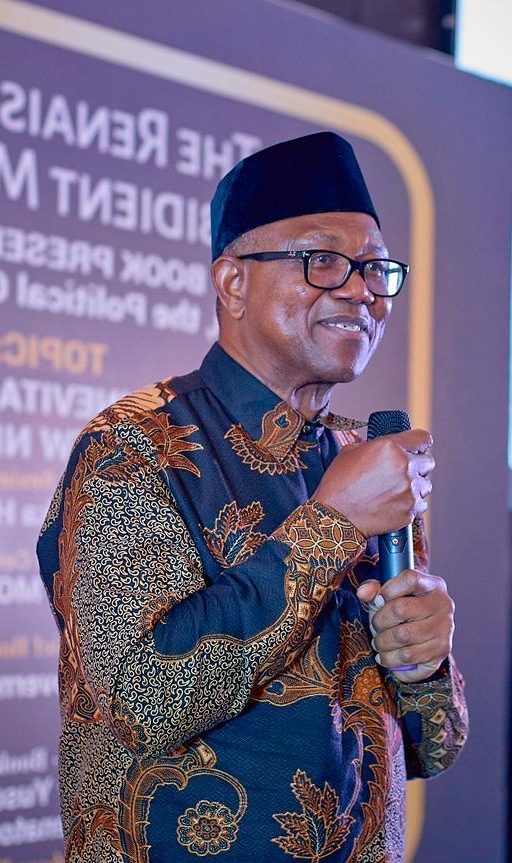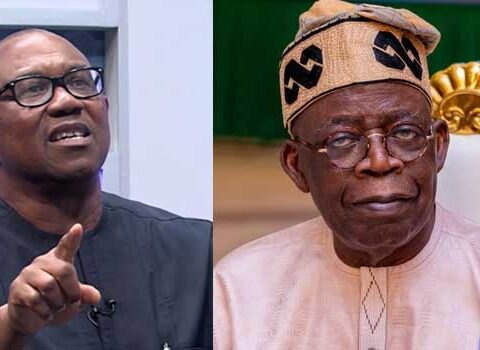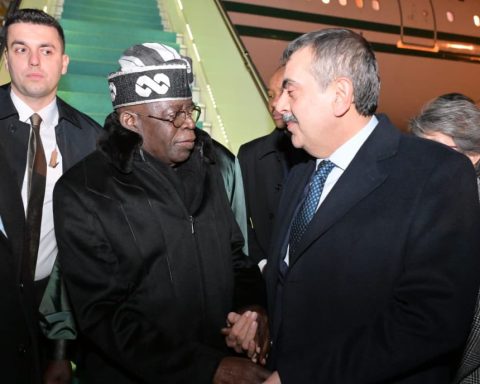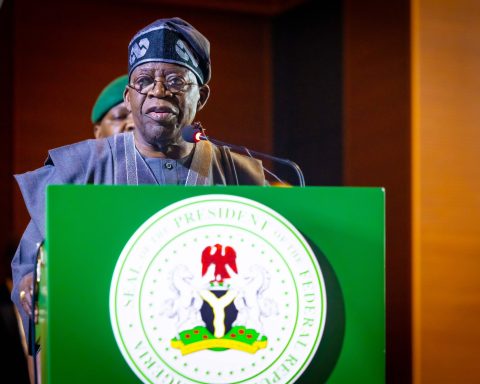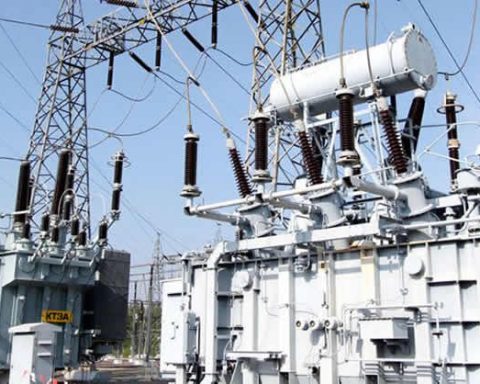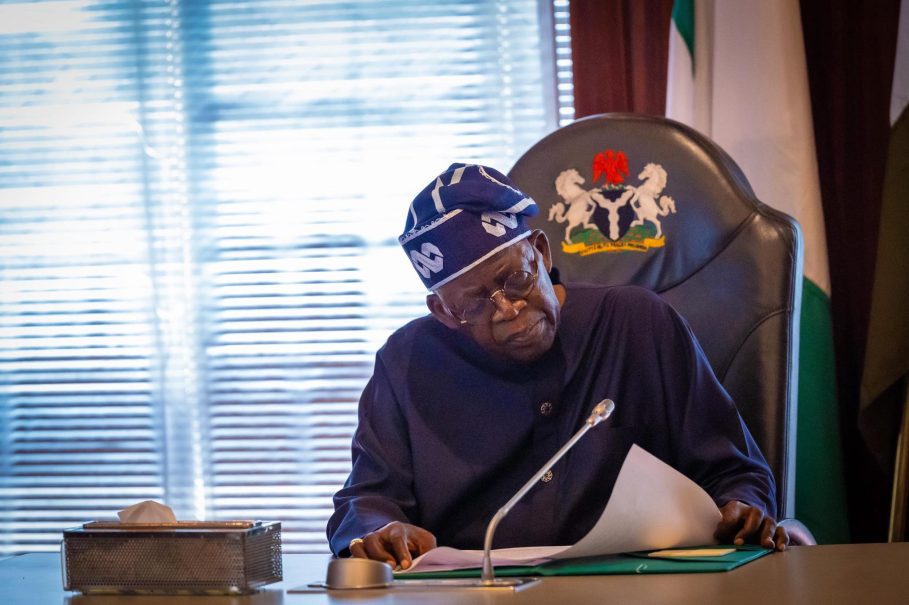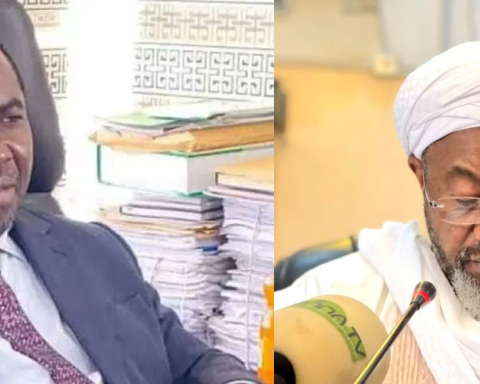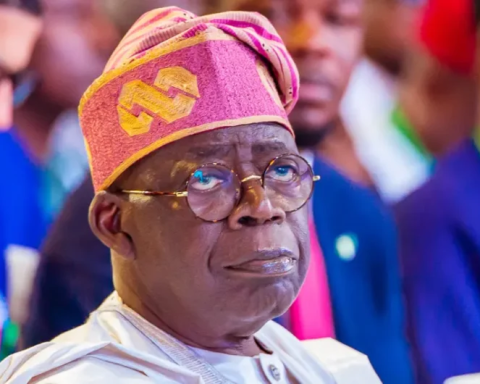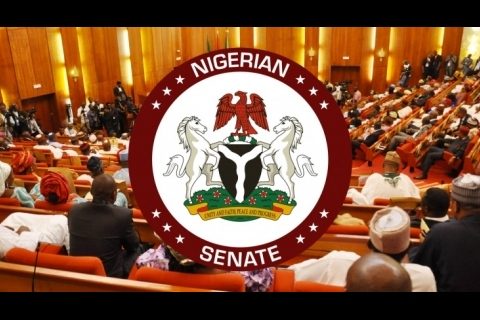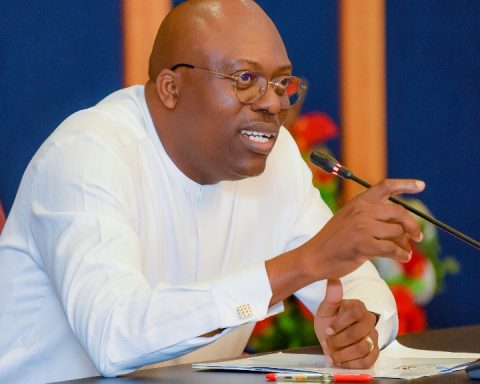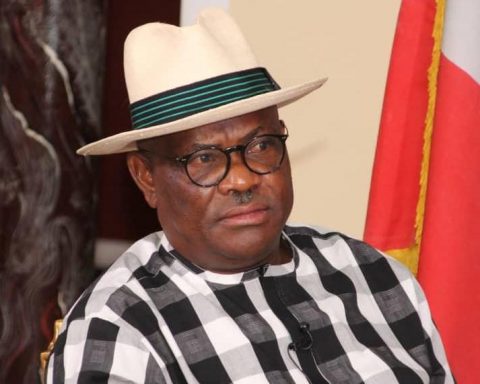Labour Party Presidential Candidate in the 2023 election, Peter Obi, has raised concerns about Nigeria’s growing debt burden, stating that the current government of President Bola Tinubu has borrowed more than the previous administrations of Umaru Yar’Adua, Goodluck Jonathan, and Muhammadu Buhari combined.
Obi stated this during his national broadcast on Thursday to mark Nigeria’s Democracy Day.
Join our WhatsApp ChannelIn his address titled ‘Democracy in Decline Reflecting on Two Years of Tinubu’s Governance’, Obi did a comprehensive review of governance in Nigeria in the last two years.
Speaking on President Tinubu’s economic reforms such as the removal of fuel subsidy, Obi said that contrary to the promise made that the removal of fuel subsidies would save the country trillions of naira and curb borrowing, the current government has surpassed three previous administrations combined in borrowing, yet there is no significant improvement in critical areas of development such as education, healthcare and poverty eradication.
“This government has, within two years, borrowed far more money than the administrations of President Umaru Yar’Adua, President Goodluck Jonathan, and President Muhammadu Buhari combined,” Obi stated.
“Today, Nigeria’s overall public debt is estimated at close to ₦188 trillion. Nigerians were informed that these borrowed funds would be allocated to critical sectors of development.
READ ALSO: I’m Fighting Against Bad Governance Not Tinubu – Obi
“Still, there has been no significant improvement in education, healthcare, or poverty alleviation; critical sectors that are vitally important for national development.”
Commenting on the country’s macroeconomic indicators in the last two years, Obi stated that the Gross Domestic Product (GDP) has dropped by almost 50 per cent from $364 billion in 2023 to $188 billion in 2025, while the GDP per capita has dropped drastically to about $835 in 2025 from $1,640 as of May 2023 when Tinubu assumed office.
“Nigerians living in multi-dimensional poverty increased from 38.9% to 54% within this period, with about 129 million Nigerians now living below the poverty line. The World Bank reported recently that 75% of Nigerians in rural areas now live in poverty as at 2025, and even more than previously recorded in the urban areas.”
READ ALSO: June 12: Tinubu Confers Posthumous National Honours On Kudirat Abiola, Yar’Adua, Nwosu
Obi decried the level of corruption in the country, citing the case of budget padding in which the National Assembly, according to BudgIT, inserted about ₦7 trillion in the 2025 Appropriation Act that were unaccounted for. “These figures suggest a pattern of inflated costs and misappropriation of funds,” he noted.
In the education sector, the former Anambra State governor stated that it has significantly deteriorated. According to him, more than 18.3 million Nigerian children are out of school, the highest number in the world.
He further stated that the health services have worsened drastically, quoting the National Primary Health Care Development Agency, which had lamented that less than 20 per cent of over 30,000 Primary Healthcare Centres across the country are fully functional.
On the power sector, Obi countered the claims of the government about improving power generation, asserting that the only thing the people have experienced is a hike in electricity tariffs. “The incessant blackout arising from multiple collapses of the national grid is a clear indication of the sorry state of our power and electricity industry,” Obi stated.
He said the electoral body has lost its neutrality and credibility and under the APC government, and urged the president to allow INEC to be independent and serve to advance democratic governance.
Addressing economic challenges
He urged the government to aggressively tackle the economic problems in the country by expanding agricultural and manufacturing productivity through measures that will take farmers back to the farms and reduce production costs for manufacturers, in order to boost employment. This approach, according to him, will help to boost the nation’s growth and generate more revenue for the government than “attempting to increase taxes in an unproductive economy, which will only lead to less growth.”
The Labour Party chieftain also emphasised the need to end insecurity and resettle all Nigerians living in Internally Displaced Persons (IDP) camps.
He concluded by urging Nigerians not to give up but come together and work for the greater good of the country. “Now is the time to demand accountability, genuine leadership, and a government that prioritizes the welfare, security and democracy of its people over empty rhetoric and propaganda,” Obi added.
Victor Ezeja is a passionate journalist with seven years of experience writing on economy, politics and energy. He holds a Master's degree in Mass Communication.


